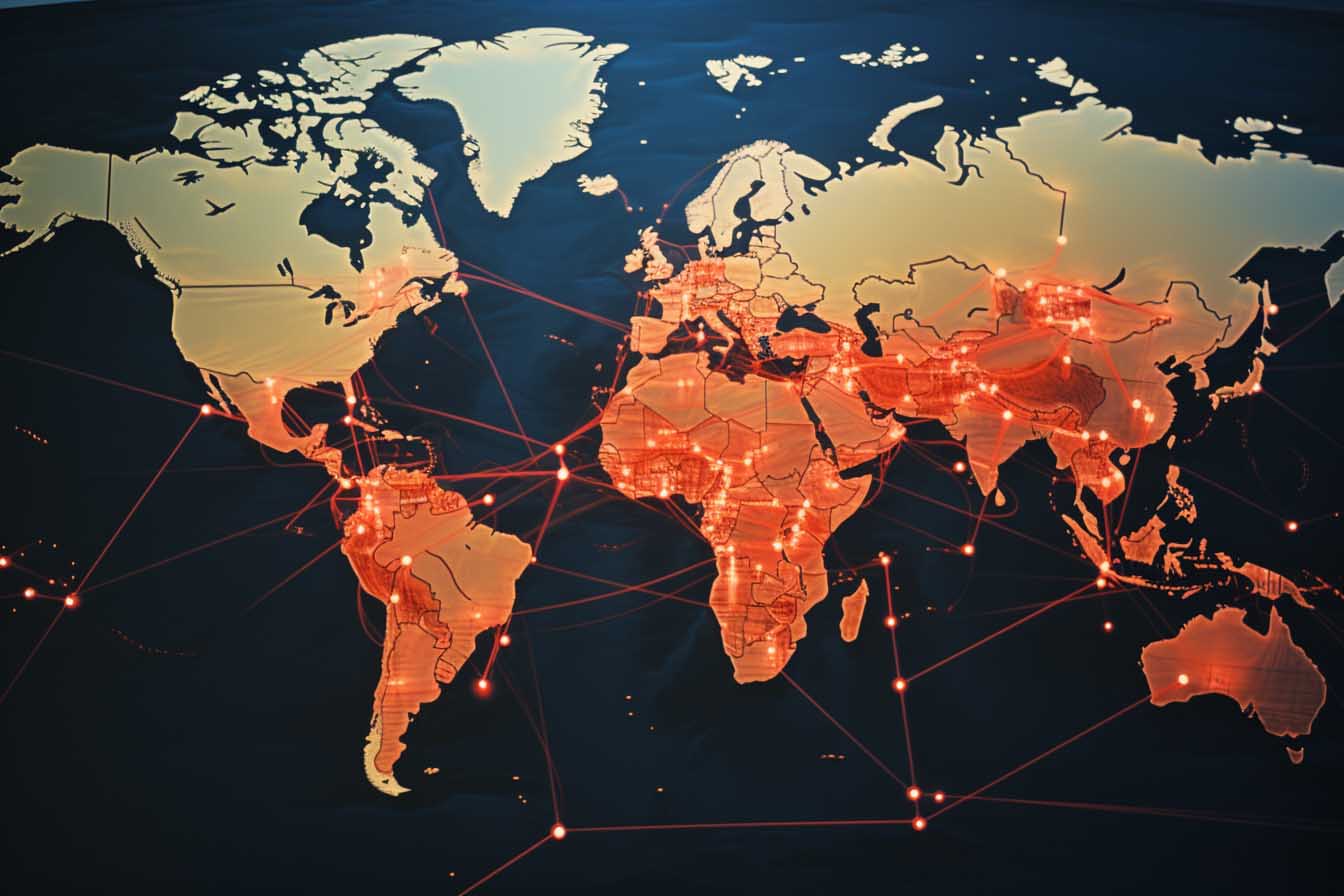TLDR:
- Open sourcing AI models creates a debate about the safety and ethical implications of making powerful AI models available to all.
- Although there are safeguards built into AI models to prevent misuse, there are ways to bypass these protections by training the models to ignore them or finding uncensored models.
- This raises questions about who should be held liable for the misuse of AI models and whether legislation should be put in place to restrict open source developers.
- On the other hand, open source AI research has many benefits, such as allowing collaboration, democratizing AI, and advancing research on safety and interpretability.
- However, as AI models become more powerful, the risks associated with open sourcing them increase.
- Prerelease audits and analysis of AI systems are suggested as a way to evaluate potential risks and harmful behavior before openly releasing the models.
- Ultimately, the conversation around open source AI models needs to address the challenges that come with increasing capabilities and find a balance between openness and regulations.
Open sourcing AI models has become a topic of debate surrounding the safety and ethics of making powerful AI models available to all. While these models have safeguards to prevent misuse, such as generating explicit or harmful content, there are ways to bypass these protections. Researchers have found that by releasing the weights of a model publicly, it is possible to train the model to ignore its safeguards or find uncensored versions of the models. This raises questions about who should be held liable for the misuse of AI models and whether legislation should be put in place to restrict open source developers.
However, open source AI research also has many benefits. Open sourcing AI models allows for collaboration, democratizes AI, and advances research on safety and interpretability. It enables researchers to explore the full spectrum of human behavior and learn from trial and error. Restricting open source AI systems would centralize power with governments and big tech companies, limiting access and hindering progress.
As AI models become more powerful, the risks associated with open sourcing them increase. The potential for these models to be used for malicious purposes, such as advising terror groups on biological weaponry, raises concerns about the lack of control and regulation. Researchers suggest that prerelease audits and analysis of AI systems can help evaluate potential risks and harmful behavior before openly releasing the models. By setting red lines and determining what systems are too dangerous to be trained or released, society can address the challenges presented by AI systems.
Ultimately, the conversation around open source AI models needs to find a balance between openness and regulation. It is important to consider the increasing capabilities of AI systems and the potential risks they pose. By addressing current challenges, like









